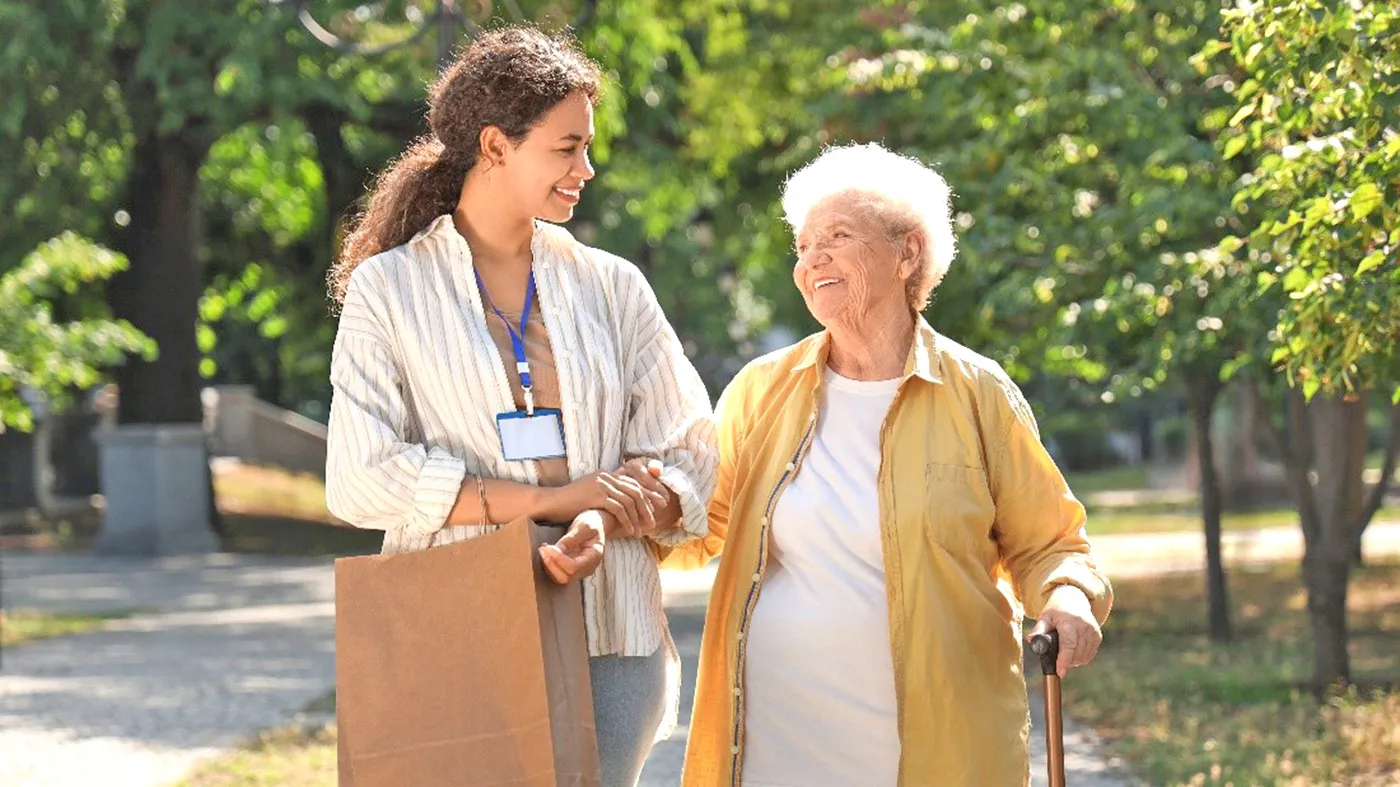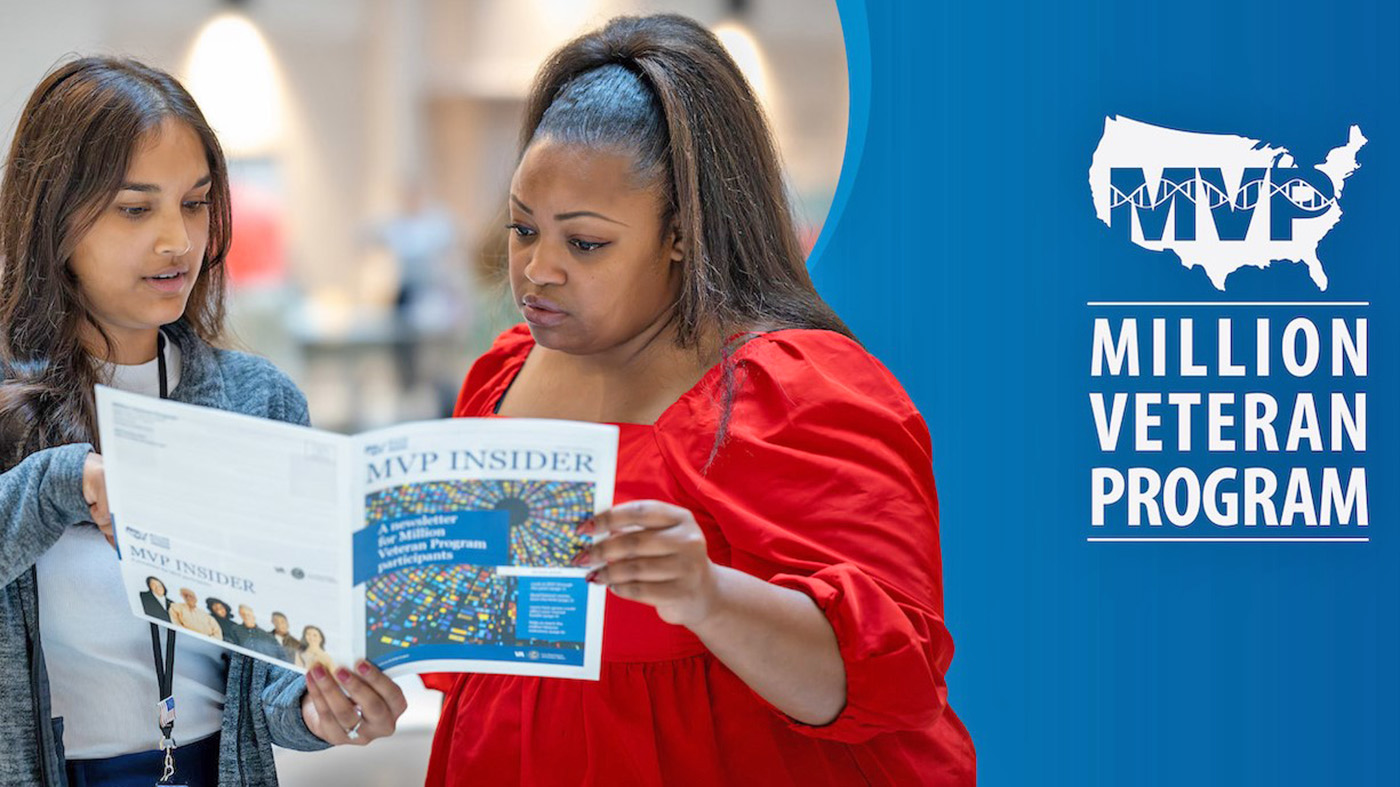It was by chance that Air Force Veteran Steven Hernandez, Veteran benefits coordinator, became involved with end-of-life and palliative care for his local Veteran community: A Veteran student at the University of Pittsburgh asked him about it.
“That instigated my curiosity. I found there’s a whole community out here focused on doing palliative care and end-of-life care,” he said.
Hernandez’s curiosity led him to the Pittsburgh Veteran Community Partnership (VCP), where he learned how it serves Veterans diagnosed with terminal illnesses. This VCP comprises community organizations and VA medical center programs that help Veterans.
It is one of 35 active VCPs in the country, part of the larger VCP initiative at VA. The initiative will expand to every VAMC in the country by 2024.
Hernandez learned more about how to support Veterans diagnosed with terminal illnesses by taking trainings offered through the Pittsburgh VCP. Once restrictions on in-person gatherings loosen, he will begin visiting Veterans.
“I have an opportunity to help someone”
He’s familiar with helping others. He helps Veteran students who are facing food insecurity, depression and homelessness.
Hernandez said he is grateful for the opportunity to learn from the Pittsburgh VCP about how to support Veterans.
“I have an opportunity to help someone,” he said. “Getting involved in the VCP work is an extension of that.”
Hernandez has spent time with Veterans in palliative care settings before. He explains that he has a strong connection to his spirituality and when he has spent time with Veterans, he’s prayed with them.
“Even if the other person doesn’t have a practice in prayer, I’m willing to share mine,” he continued. “Let’s try to move closer toward peace in the final moments we have together.”
Spiritual support can improve well-being
This sense of spirituality can be very important for some because spiritual support is a positive social determinant of health (SDOH) that can improve health and well-being.
In recognition of this, VA’s Office of Community Engagement (OCE) identified spiritual support as one SDOH that was a focus of its annual Community Partnership Challenge contest last year.
Other VCPs throughout the country also help Veterans who receive hospice and palliative care.
OCE is one of the VA offices that supports the VCP initiative.
Hernandez is excited to continue working with the staff of the Pittsburgh VCP whom he called “heroes” because they have helped him learn how to better assist Veterans.
“There are already heroes that are champions in this space,” he added. “They are willing to bring you on board to build a bigger tent in a better world for these folks in a palliative state.”
To learn more about the VCP initiative, please visit: va.gov/healthpartnerships/vcp.asp.
To learn more about OCE’s work on VCPs and other partnerships throughout VA, please visit: va.gov/healthpartnerships.
Mikala Jamison is a senior writer for DCG Communications.
Topics in this story
More Stories
VA now recommends starting screening for breast cancer with mammography or X-rays of the breasts at age 40.
There are over 4,300 social workers in VA’s homeless programs, of which over 700 are Veterans themselves.
MVP looks at the background and impact of Women’s History Month.






